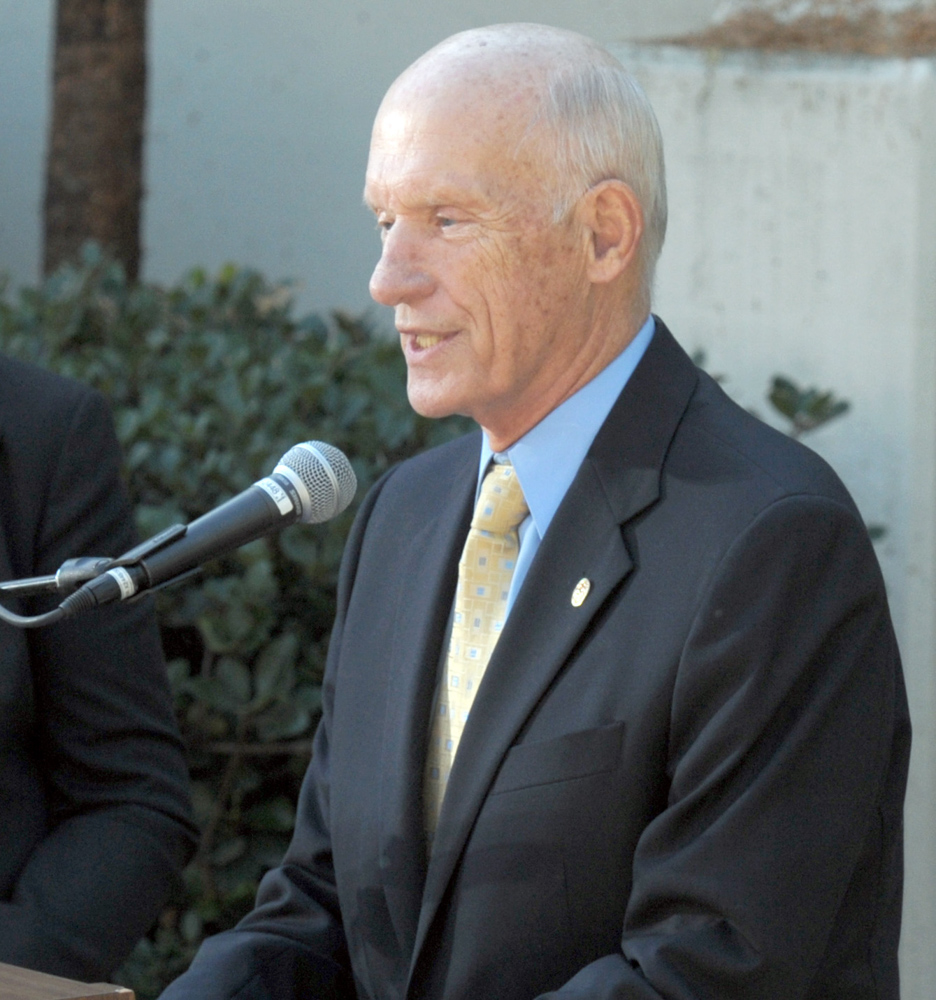Judge Affirms Public Right to Know in Dirty Cop Cases
Challenge to New State Law Rejected by Judge Thomas Anderle

Judge Thomas Anderle rejected a procedural challenge waged by the Santa Barbara County Deputy Sheriffs’ Association against a new state law that opens up the personnel files of law enforcement officers investigated for serious misconduct allegations. That new law, SB 1421, was passed in response to public alarm over police misconduct generated in the wake of the Black Lives Matter movement and went into effect January 1.
The Sheriffs’ Association — the union representing deputies and custody officers — argued Anderle should impose an injunction, limiting the public release of such personnel information to investigations taking place after the New Year. Attorneys for police unions throughout the state have filed similar motions in different jurisdictions, arguing the legislation could not be enforced retroactively, but only prospectively. Nowhere in the bill, they’ve noted, is it explicitly stated what time constraints, if any, should be placed on the public release of highly sensitive information. Until now, such information has been strictly off-limits even to criminal defense attorneys except under certain legal circumstances and in highly restricted venues, such as the private chambers of judges. Under SB 1421, the general public has access to this information as well as criminal defense attorneys. In the courtroom were about a dozen individuals representing social justice groups. One cardboard sign read, “Deputy Sheriffs Just Follow the Law.”
Judge Anderle rejected the union arguments, insisting that the legislative intent was clear even if the legislators never articulated it. After much parsing of the deeper implications of intent, Anderle articulated what to his mind was the heart of the matter. “There was and is a crisis of mistrust surrounding officer conduct that SB 1421 seeks to address,” he wrote in his ruling. “The intent is clear that the Legislature wanted broad access to reports of past as well as future instances involving the discharge of weapons, use of force, sexual assault, and dishonesty.” Different judges are issuing divergent rulings on the same matter throughout the state; it’s expected the matter will be resolved by the California Supreme Court.



